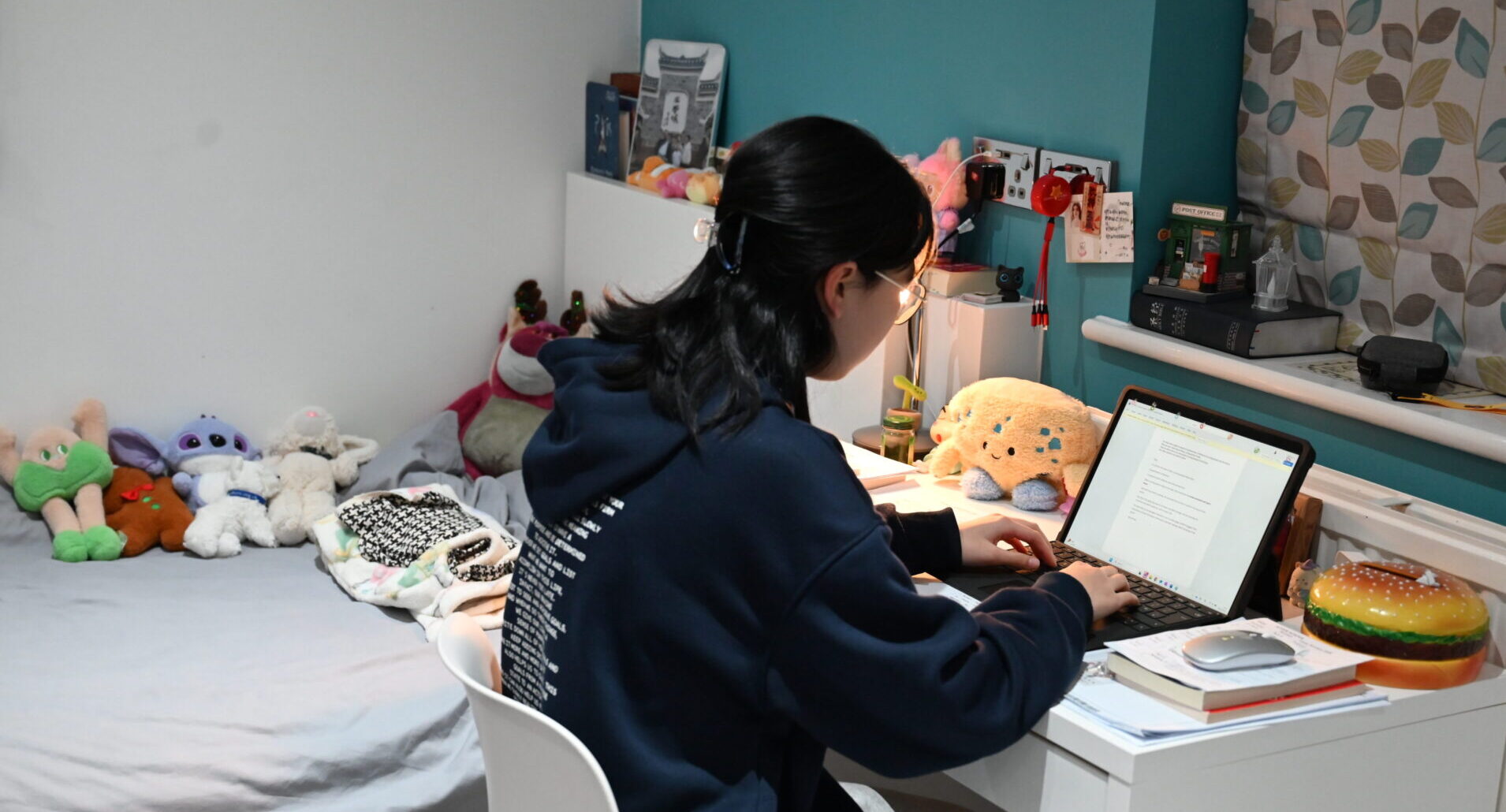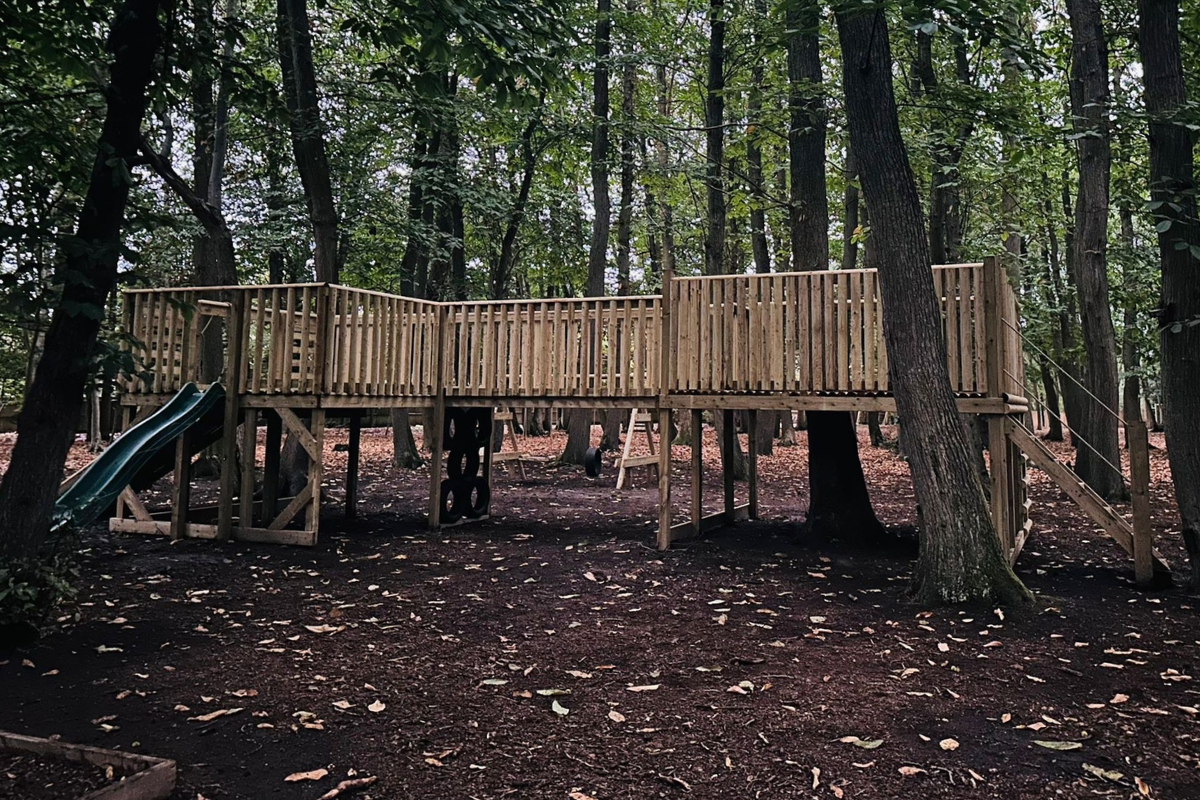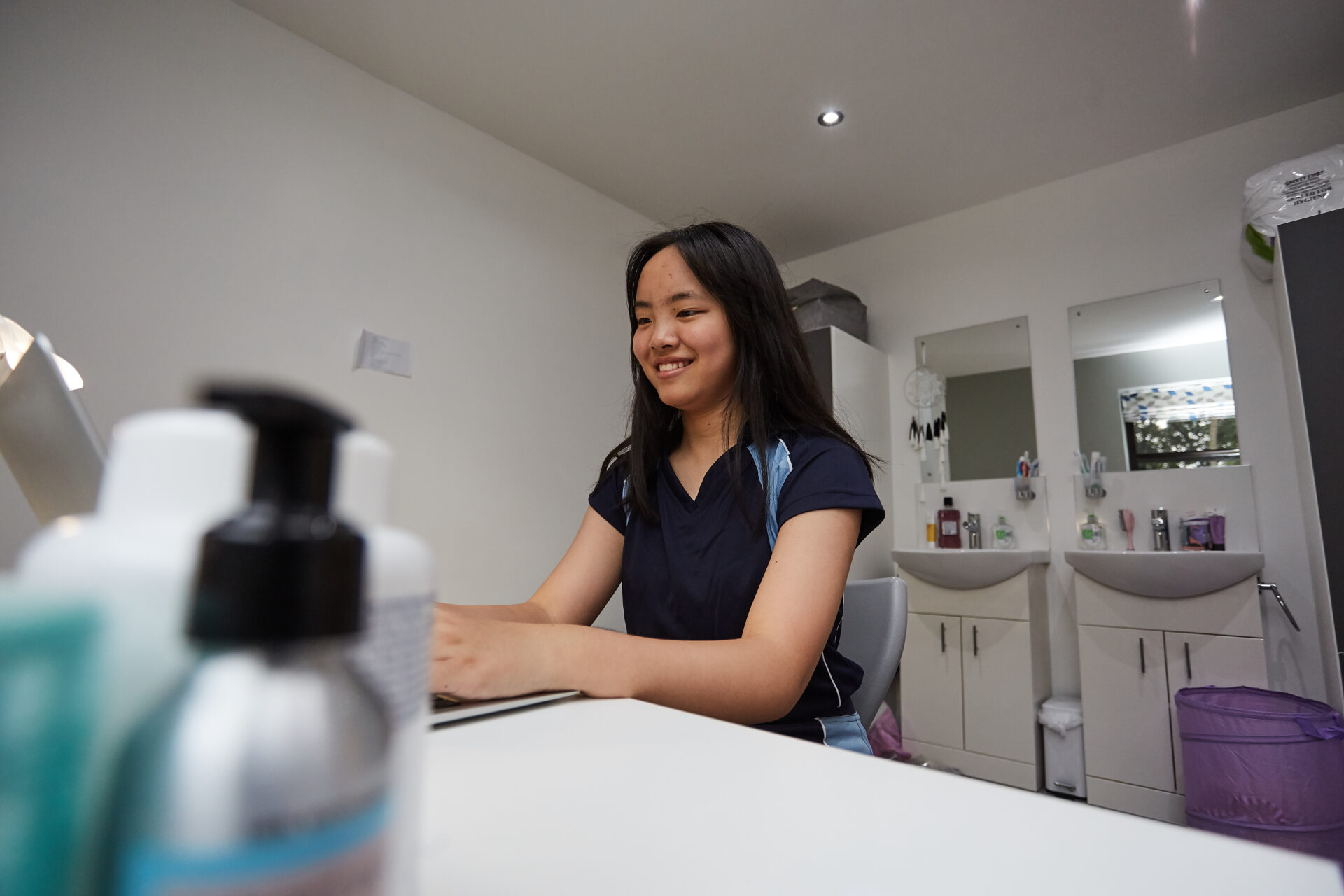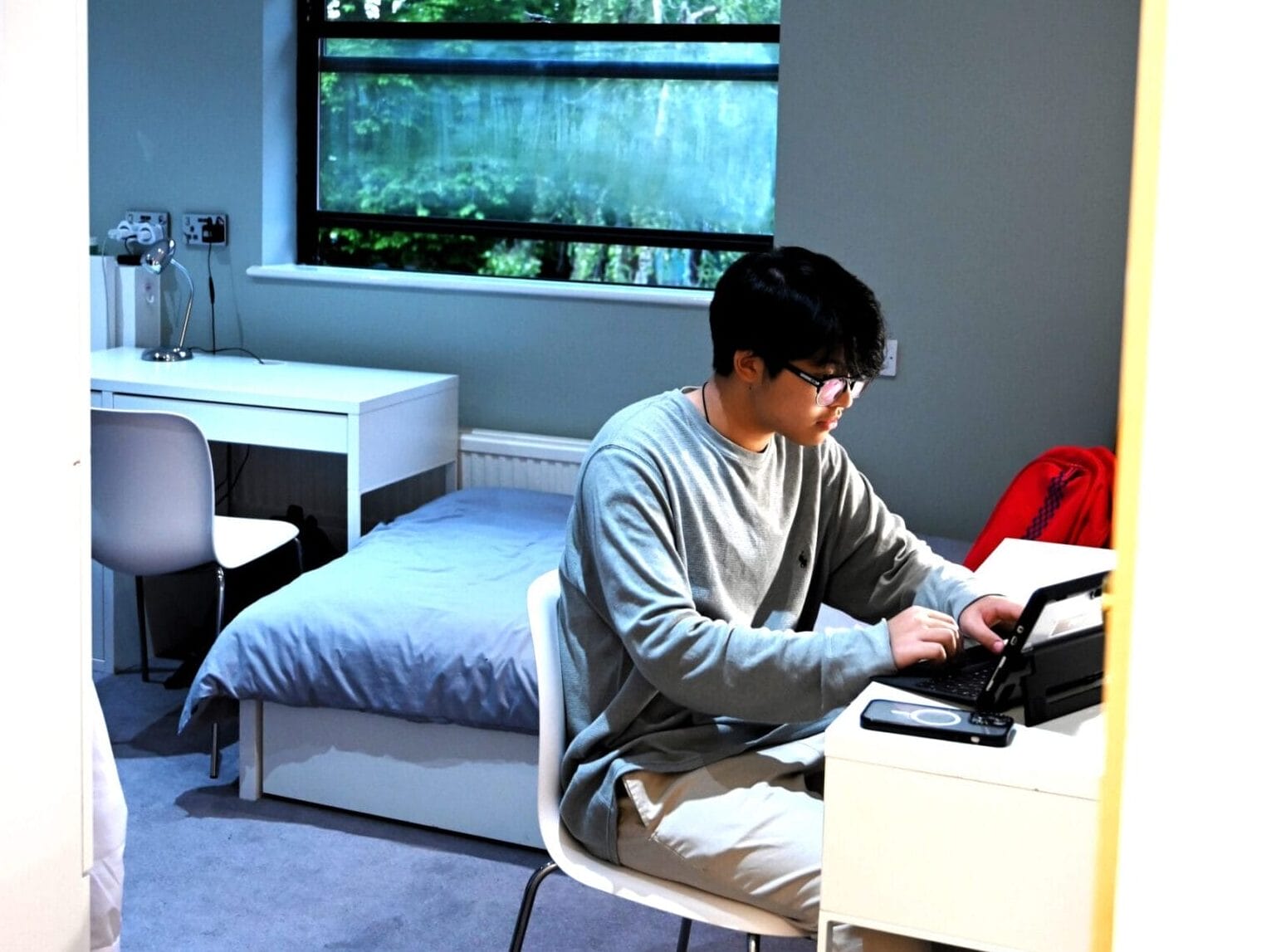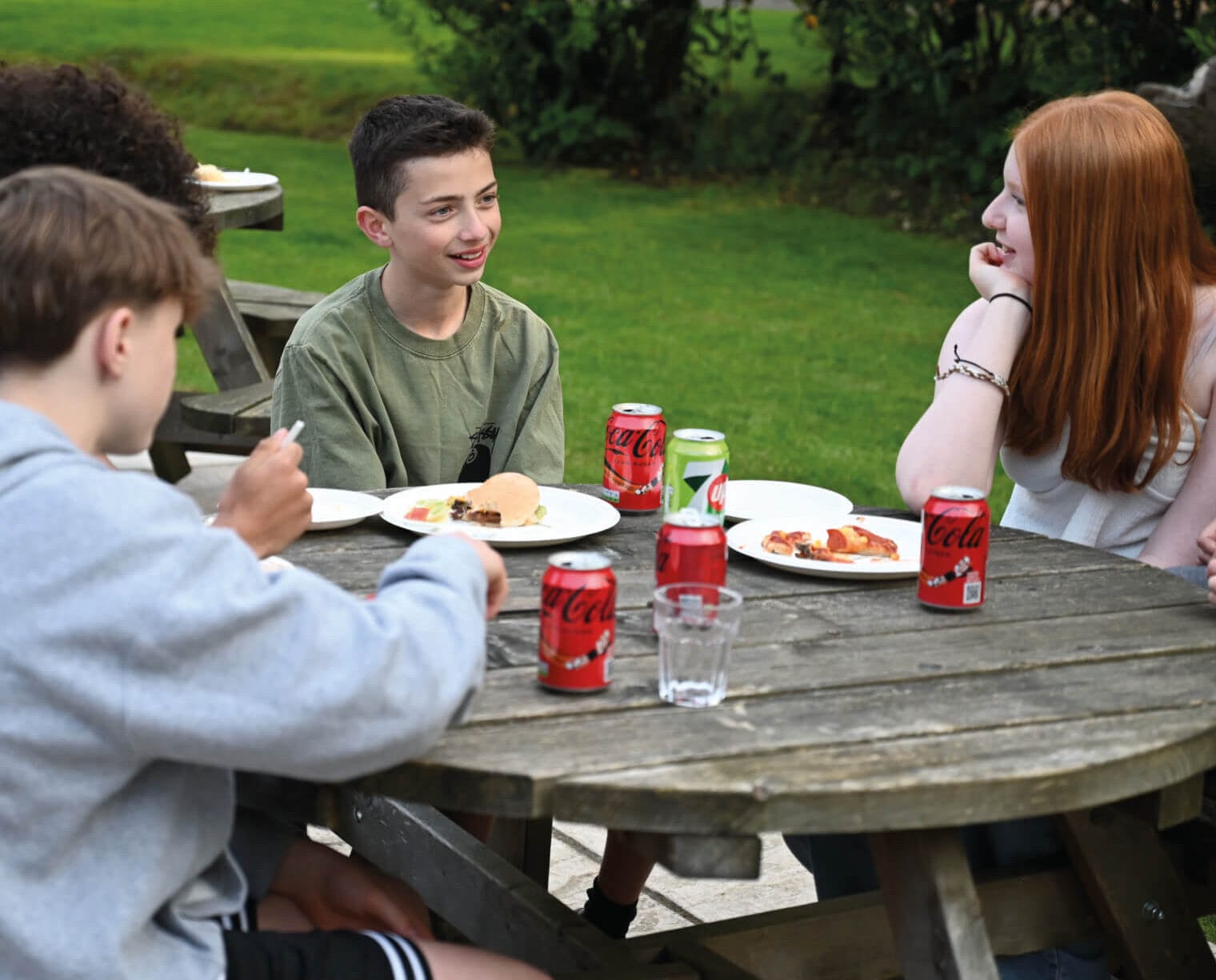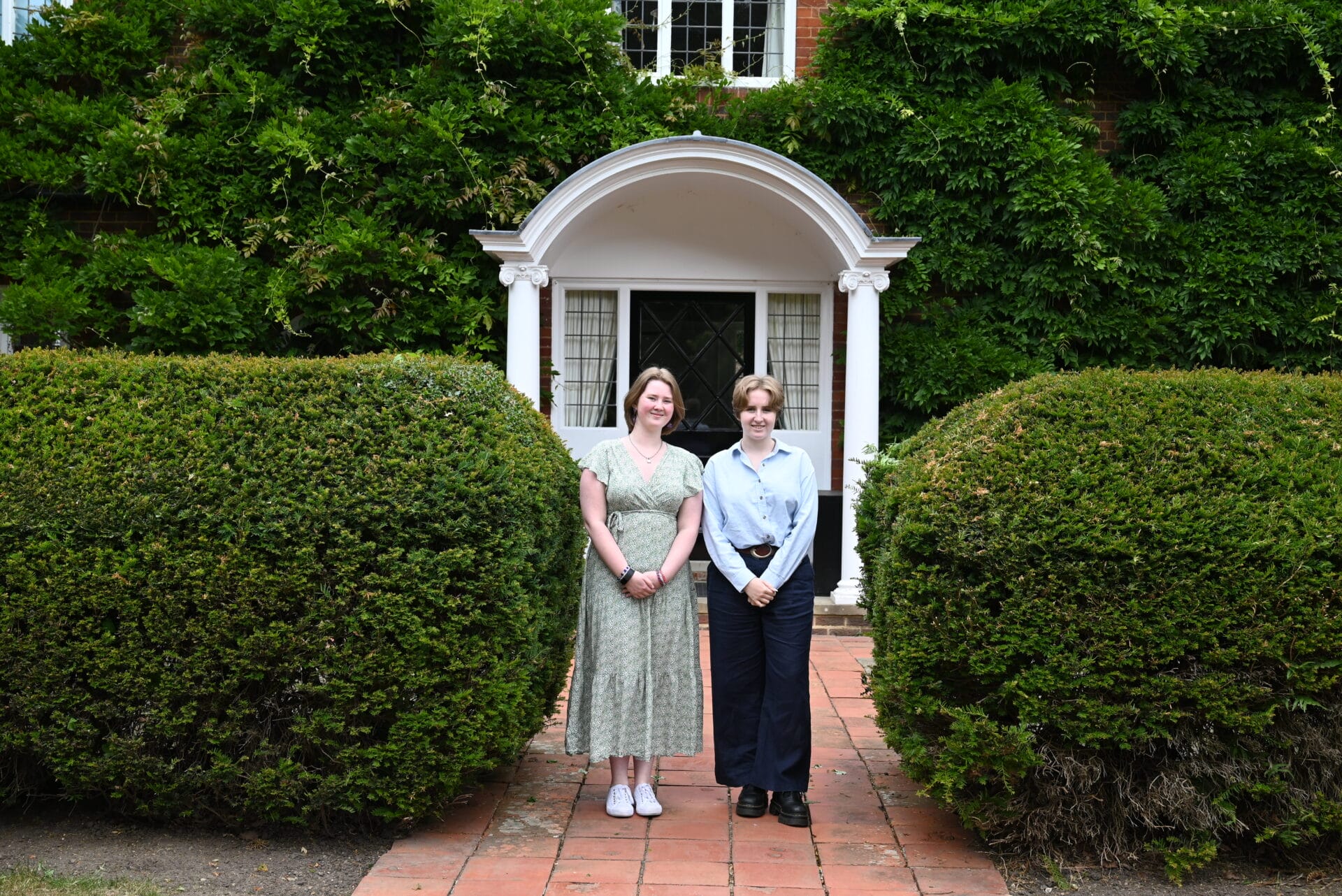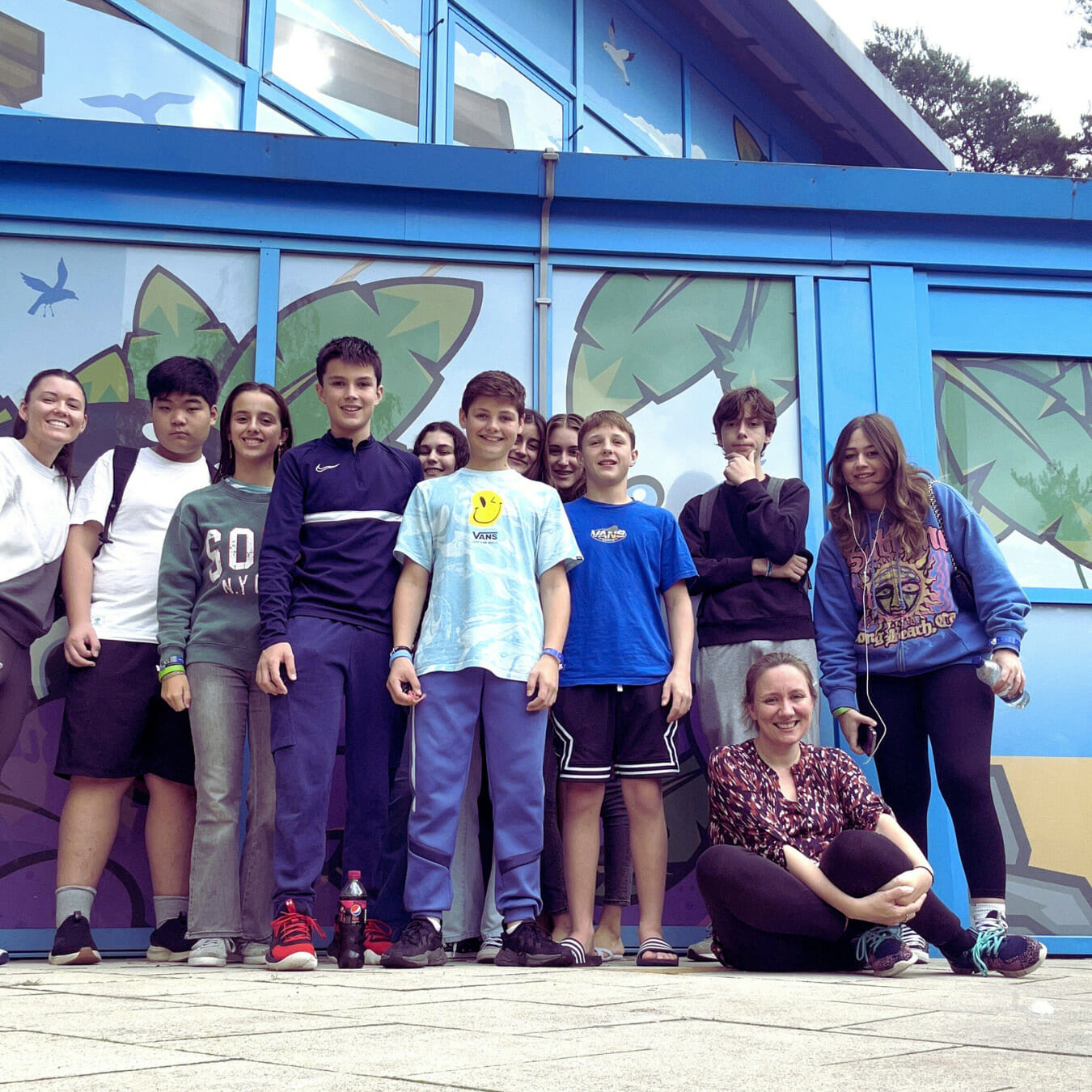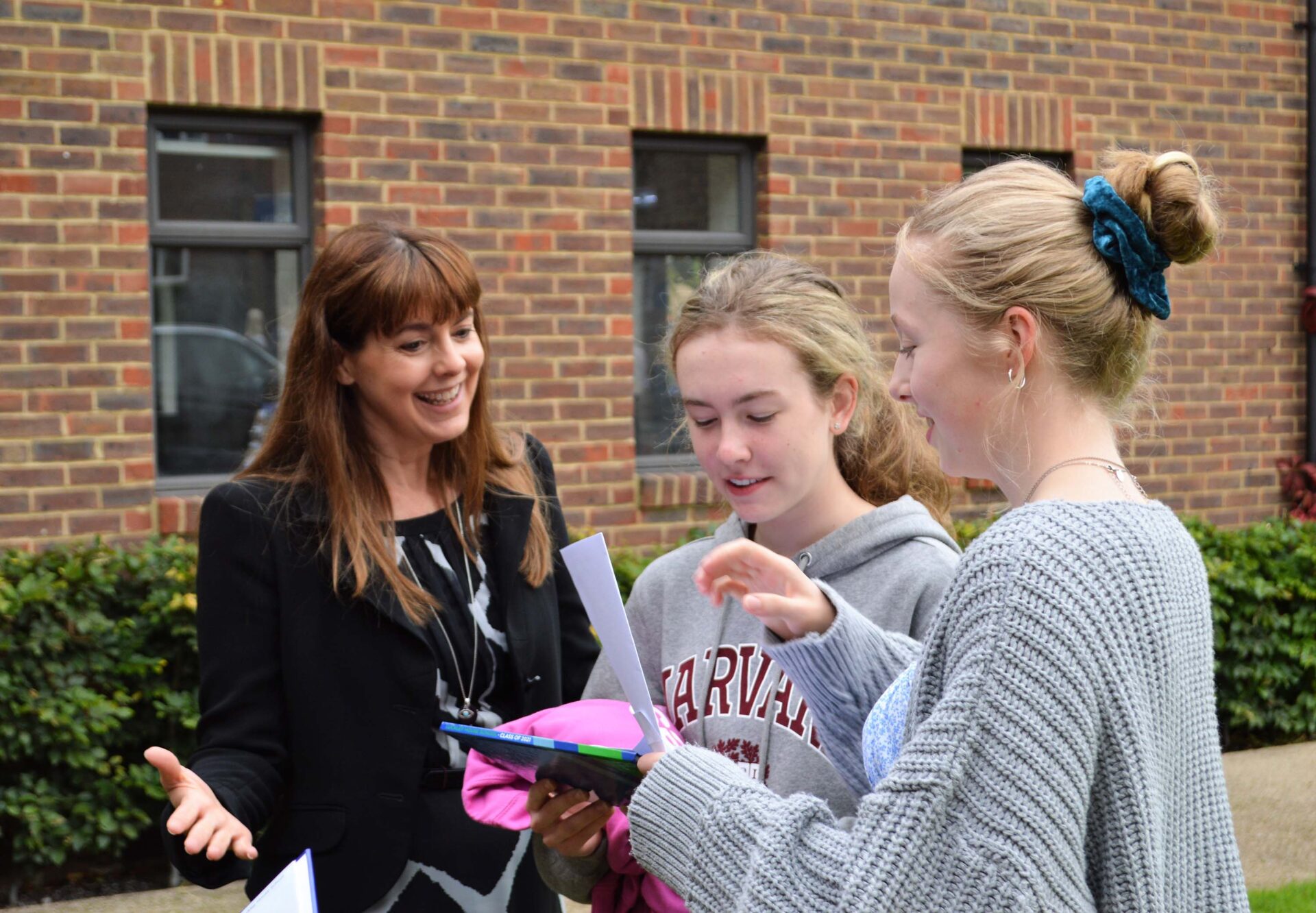
Flexi-boarding provides day pupils with the opportunity to stay overnight at school, either occasionally or on a regular basis, depending on family circumstances and the pupil’s individual schedule.
For some families, it provides a practical solution during particularly busy weeks, while for others it offers a gentle introduction to longer-term boarding. As an independent boarding school in Berkshire, Luckley House School provides full, weekly and flexi-boarding options, ensuring that modern family life can be supported with flexibility and care.
In this article, we take a closer look at what flexi-boarding involves and the many benefits it can bring to pupils and their families.
Learn MoreWhat is Flexi-Boarding?
Flexi-boarding is a type of boarding that allows day pupils to stay overnight at school on a flexible basis, rather than committing to a full or weekly arrangement. Stays can be planned in advance, for example, during a busy week of rehearsals, sports fixtures, or exams, or arranged occasionally to suit family schedules.
This option is particularly valuable for families who often juggle complex work patterns, travel, and after-school commitments. For pupils, it offers the chance to experience the social and academic benefits of boarding without a long-term commitment.
Here are six key advantages of flexi-boarding:
1. Support for Busy Families
For many families, balancing work commitments, travel, and children’s schedules can be challenging. Flexi-boarding offers a practical solution by giving parents peace of mind that their child is cared for in a safe and structured environment, even when late working hours or social engagements make the school run difficult.
It can also be particularly valuable for parents who travel frequently for work or who may have younger children with conflicting routines. Knowing that your child has the option to stay overnight means less disruption at home and fewer logistical pressures on busy mornings and evenings.
For pupils, this arrangement avoids the stress of long commutes or rushed pick-ups, allowing them to focus on their studies and enjoy a smoother school day. Families benefit from the reassurance that their child is not only supervised but also supported by experienced boarding staff, who provide continuity of care and guidance outside of regular school hours.
2. Reduced Stress During Exam Seasons
The run-up to examinations can be an anxious time for both pupils and their families. Revision timetables, late-night study sessions, and the pressure to perform can all contribute to heightened exam stress. Flexi-boarding provides a supportive solution by alleviating some of the practical concerns that can make this period even more challenging.
Staying overnight at school allows pupils to remain calm and focused, without the added concern of long journeys, early mornings, or unexpected delays.
Many boarding houses also provide supervised study sessions and quiet spaces where pupils can revise alongside their peers. Having access to this structured environment encourages good habits, reduces distractions, and enables pupils to benefit from the support and encouragement of staff and peers.
This sense of stability helps ensure that pupils arrive for exams rested, organised, and well-prepared, with the confidence that comes from being in a familiar and supportive environment.
3. Encourages Independence
Flexi-boarding provides pupils with opportunities to take small but meaningful steps towards independence.
Even short stays away from home encourage children to take greater responsibility for themselves, whether that means keeping track of their belongings or planning their evening routines. These simple but important habits help pupils develop resilience and confidence.
In addition, pupils begin to make everyday decisions without immediate parental input, such as choosing how to spend their free time or how best to balance study and relaxation. These moments may seem small, but they gradually build a sense of self-reliance that prepares pupils for the greater independence they will need in later education and adult life.
Because flexi-boarding is optional and flexible, pupils can grow into this independence at their own pace, supported by boarding staff who are there to offer guidance and encouragement when needed.
4. Enhanced Social Opportunities
Even a few overnight stays can strengthen friendships. Shared experiences in the boarding house provide pupils with more opportunities to connect beyond the classroom.
The communal environment of a boarding house helps pupils to navigate social dynamics in a safe and supportive setting. They experience the give-and-take of living with others, learning to compromise, share responsibilities, and resolve conflicts with maturity. For many, these are formative experiences that build character and confidence.
5. Access to Extended Learning and Activities
Flexi-boarding offers pupils opportunities to participate in activities that extend beyond the regular school day, enriching their education and personal development. Evening study sessions, rehearsals, or sports practices can sometimes run late, and staying overnight allows pupils to participate fully without the pressure of travelling home afterwards.
In addition to weekday co-curricular activities, boarders also benefit from weekend enrichment activities. These might include cultural trips, outdoor pursuits, creative workshops, or social events that encourage pupils to try something new and build friendships in a relaxed environment. For flexi-boarders, joining in with weekend activities offers a glimpse into the wider boarding experience.
By taking part in this extended programme, pupils are not only developing skills and discovering new passions, but also learning how to balance academic responsibilities with recreation and relaxation, which is an important skill for lifelong wellbeing.
6. A Gentle Introduction to Boarding Life
For some families, flexi-boarding provides a valuable way to introduce pupils to the routines and expectations of boarding without committing to a full or weekly arrangement. By staying overnight on an occasional or regular basis, pupils can gradually adjust to living away from home, learning to manage their personal routines, organise their belongings, and take responsibility for their time.
This gradual approach allows pupils to experience the social, academic, and pastoral aspects of boarding at a pace that suits them. They can observe and participate in communal living, form relationships with peers and staff, and develop independence, all while retaining the comfort and familiarity of home life.
Flexi-boarding also gives families the opportunity to assess how their child responds to the boarding environment. It can highlight areas where the pupil may need additional support, as well as where they thrive in terms of social interaction, self-reliance, and engagement with school activities.
Overall, this gradual introduction allows pupils to build confidence within a supportive environment, equipping them for the possibility of longer-term boarding or transitioning to boarding in the sixth form.

At Luckley House, an independent day and boarding school in Berkshire, our boarding community is small, welcoming, and designed to meet the needs of modern families. Whether your child is considering occasional stays, weekly boarding, or a full-time arrangement in the future, our flexi-boarding provision allows them to discover the advantages of boarding school life.
We warmly encourage parents to visit Luckley House School to see our boarding facilities firsthand, meet our staff, and experience the supportive environment that helps pupils thrive.
Visit Luckley














